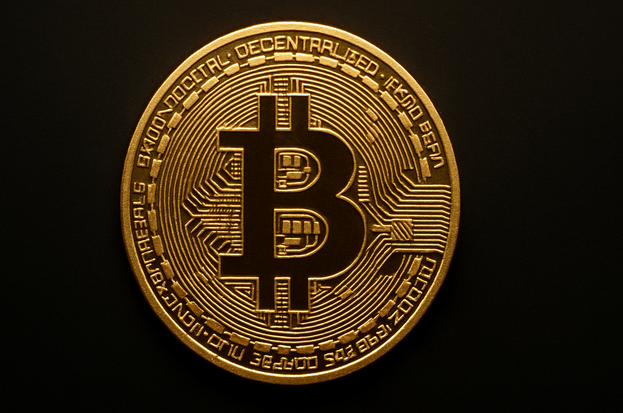TLDR
- CleanSpark receives a $100M credit line from Coinbase Prime to expand mining and energy operations.
- The funds will be used to scale Bitcoin mining and invest in high-performance computing capabilities.
- CleanSpark focuses on non-dilutive financing to enhance shareholder value without issuing new shares.
- The company plans to use the credit to develop high-performance computing campuses near metro areas.
CleanSpark, a Bitcoin mining company, has secured a $100 million credit line from Coinbase Prime, marking a significant step in its expansion strategy. The credit facility is backed by CleanSpark’s Bitcoin holdings, aligning with the growing trend of using crypto-backed credit to fund operations. The company plans to utilize this capital to enhance its mining operations, expand its energy portfolio, and invest in high-performance computing (HPC) capabilities.
This deal follows a similar $200 million credit line CleanSpark secured from Coinbase Prime earlier this year. The new credit facility will allow CleanSpark to scale its operations and optimize its assets, particularly those located near major metropolitan areas. The company views this financing as an essential part of its long-term growth strategy.
CleanSpark’s Strategic Capital Deployment
Matt Schultz, CleanSpark’s CEO, expressed excitement about the expansion of the relationship with Coinbase Prime, highlighting the opportunities to accelerate mining growth and optimize existing assets.
“We see tremendous opportunity to accelerate mining growth while simultaneously optimizing our assets, particularly those near major metro centers,” Schultz said.
The funds from this credit line will be deployed across multiple strategic capital expenditures. These include expanding CleanSpark’s energy portfolio and scaling up Bitcoin mining operations. Additionally, the company plans to explore alternative uses for its data centers by developing high-performance computing campuses. This diversification strategy is expected to position CleanSpark for long-term growth, enabling the company to tap into new markets and revenue streams.
Non-Dilutive Financing Strategy
CleanSpark’s CFO, Gary Vecchiarelli, emphasized the company’s commitment to using non-dilutive financing to support its capital strategy. Unlike many of its peers, CleanSpark avoids issuing new shares to raise funds, which helps preserve shareholder value.
Vecchiarelli explained that CleanSpark’s “Infrastructure First” approach has historically delivered growth and efficiency without diluting equity.
This strategy sets CleanSpark apart from other Bitcoin miners, many of whom rely on equity dilution or leverage to fund operations. By focusing on non-dilutive options, CleanSpark aims to offer a more sustainable path for growth, benefiting existing shareholders while pursuing long-term strategic initiatives.
CleanSpark’s Growth and Operational Performance
In addition to securing the new credit line, CleanSpark reported strong operational performance. The company mined 657 BTC in August 2025, representing a 38% increase from the previous year.
CleanSpark’s daily Bitcoin production averaged 21.20 BTC, further solidifying its position as a key player in the Bitcoin mining space.
CleanSpark’s balance sheet remains robust, with 12,703 BTC on hand, valued at approximately $1.43 billion. This makes the company the 10th-largest holder of Bitcoin among corporate treasuries. The company’s solid financial position, paired with its strategic use of Bitcoin-backed credit, enables CleanSpark to pursue its growth plans with confidence.
A Growing Trend in Bitcoin-Backed Credit Facilities
CleanSpark is not alone in using Bitcoin-backed credit lines to finance its operations. Other Bitcoin miners, such as Riot Platforms and Hut8, have also turned to similar facilities. Riot Platforms secured a $100 million Bitcoin-backed credit facility from Coinbase Prime earlier this year, while Hut8 received a $50 million credit line in 2023, which was later increased.
These credit lines are becoming increasingly popular in the Bitcoin mining sector, especially as the industry faces higher capital requirements due to the rising difficulty and hashrate of Bitcoin mining.
As transaction fees have declined and competition intensifies, using Bitcoin-backed credit provides miners with the flexibility to grow their operations without selling off their Bitcoin holdings.






